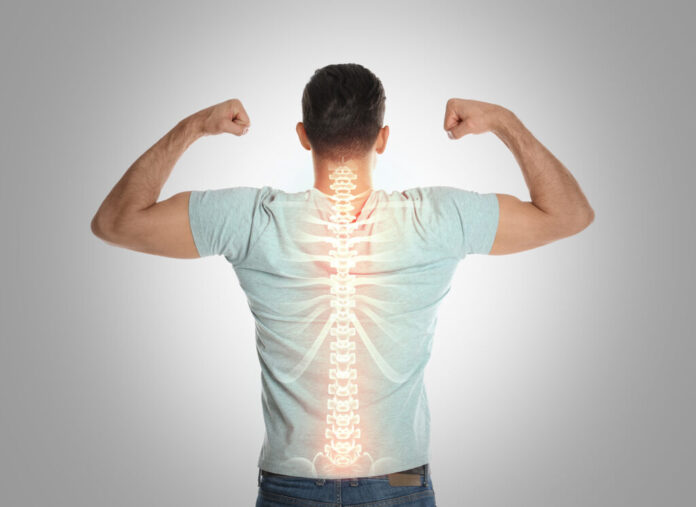Preventing spinal pain and maintaining a healthier back can be achieved through small, consistent changes in daily habits. Here are some practical tips:
1. Improve Your Posture
- While Sitting: Ensure your back is straight and shoulders are relaxed. Use a chair that supports the natural curve of your spine. Place your feet flat on the floor.
- While Standing: Stand tall with your shoulders back. Engage your core muscles to support your lower back.
- While Sleeping: Use a supportive mattress and pillow. Sleeping on your back or side (with a pillow between your knees) can help maintain spine alignment.
2. Stretch Regularly
- Incorporate stretches for your neck, shoulders, back, and hamstrings. Regular stretching reduces tension and improves flexibility.
- Try yoga or Pilates for spine-friendly exercises that strengthen your back and core muscles.
3. Lift Correctly
- Avoid bending from the waist. When lifting, bend your knees and keep the object close to your body. Use your legs, not your back, to do the work.
4. Move Often
- Avoid sitting or standing in one position for too long. Get up and move every 30 minutes to reduce strain on your spine.
- Incorporate light exercises or short walks into your routine, especially if you have a sedentary job.
5. Strengthen Core Muscles
- Strengthening the muscles that support your spine (core, back, and hips) helps reduce spinal pressure and improve posture. Simple exercises like planks, bridges, and leg raises can be very effective.
6. Watch Your Weight
- Excess weight, particularly around the abdomen, can strain the lower back. Maintaining a healthy weight can significantly reduce this strain.
7. Stay Hydrated
- Your spinal discs need hydration to stay flexible and cushion your vertebrae effectively. Drink enough water throughout the day to keep your discs healthy.
8. Wear Supportive Footwear
- Shoes with proper arch support can reduce the impact on your lower back. Avoid wearing high heels for extended periods, as they can misalign your spine.
9. Optimize Your Workspace
- Ergonomic adjustments like positioning your computer screen at eye level, using a chair with lumbar support, and keeping your wrists and elbows aligned can reduce back strain during work.
10. Mind Your Diet
- A nutrient-rich diet supports bone and muscle health. Include calcium, vitamin D, and magnesium in your diet to strengthen your spine.
By adopting these small but effective changes, you can promote better spinal health and prevent back pain in the long term.



